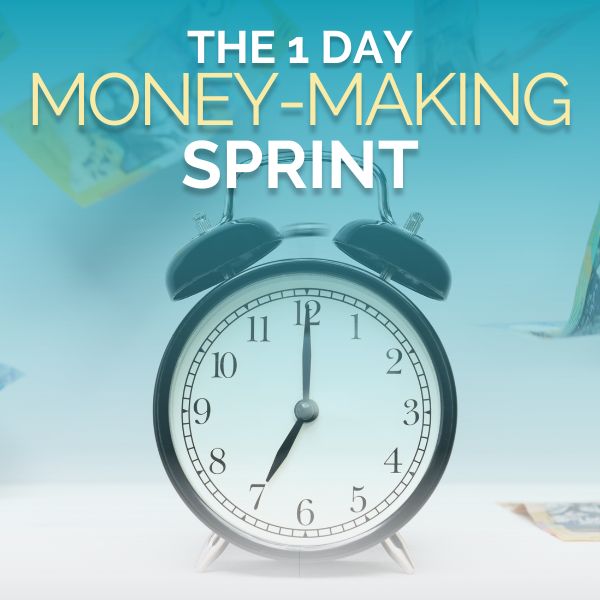Why you shouldn’t accept fixed or variable as the only option
In today’s blog, I wanted to share one key decision that many borrowers don’t even realise they can make that may end up saving you thousands.
But first, let me tell you about David Walsh.
Maybe you’ve visited the Mona (Museum of Old & New Art) gallery in Hobart? I’ve not personally, but I’ve heard so much about it from people who’ve been there. If you have, then David’s name and story may be familiar. If not, let me share.
Mona is a fantastic purpose-built gallery in Tasmania, just celebrating it’s tenth anniversary of housing some of the strangest, but most interesting artwork in the country. It’s a marvel of originality, quirkiness and oddities, matched by the story behind it.
The official version is Mona was built by David to share the 1,900 works of art he’d accumulated as a result of decades of success as a professional gambler.
Others say it was a little more complex than that…
It’s said that David built up the bulk of his extraordinary wealth doing something called Arbitrage, a data-heavy, analytical betting, where you make bets both for AND against and outcome.
Some say that at one point David Walsh personally generated around 40% of global revenue from Arbitrage, relying on (betting) market inefficiencies to place high volume bets with small margin returns that guaranteed him a win-win outcome.
As such, it’s suggested that Mona has it’s origins in a rather clever plan to offset what would have otherwise been a whopping tax debt, and this is one of the reasons why entry continues to be free for Tasmanians.
No matter the truth, it’s a remarkable museum built by a remarkable man with a remarkable story.
Now, back to the point…
First things first, the reason for raising this is not to explain Arbitrage, or even to suggest that the insight I’ll share is about arbitraging your lending.
If you’re reading this and thinking, “That’s more like diversification“, you’d be spot on, but the point is not about that.
The point is about being presented with Options A & B, and asking, “What about C”?
That’s a key difference between making a decision and making a fully informed decision. It’s the difference between choosing between what’s on offer, versus diving deeper and crunching through information to find an even better choice.
When it comes to lending, we know at a high level two things.
With fixed rate loans, you win if the rates go up, lose if they go down.
With variable, you win if rates go down, lose if they go up.
But, and this is the point, it’s entirely possible to have the best of both worlds.
Many people don’t realise they can have both – a structure that has a blend of fixed and variable – and in many cases, both is the best solution.
It’s not the only consideration – not by a Tasmanian country mile – but the full scope of options, much like the arbitrage game, aren’t always apparent unless you have the time to analyse all options (which is one of the big reasons clients tell me they prefer to have someone like me do it for them).
The point I want to share is: you don’t have to put all your eggs in one basket, particularly when it comes to fixed and variable interest rates.
You should have the opportunity to see whether or not you can have it both ways, whether you’re buying a home, commercial property or building a gallery. No matter how weird it may seem.
If you are stuck in one camp or another, and you’d like someone to have a look at your situation, book a quick chat with me. Here we can discuss your options and I can provide some insights into the strategy that has been really successful with my clients.
Any advice on this site is general nature only and has not been tailored to your personal objectives, financial situation and needs. Please seek personal advice prior to acting on this information. Any advice on this website has been prepared without taking account of your objectives, financial situation or needs. Because of that, before acting on the advice, you should consider its appropriateness to you, having regard to your objectives, financial situation or needs.


